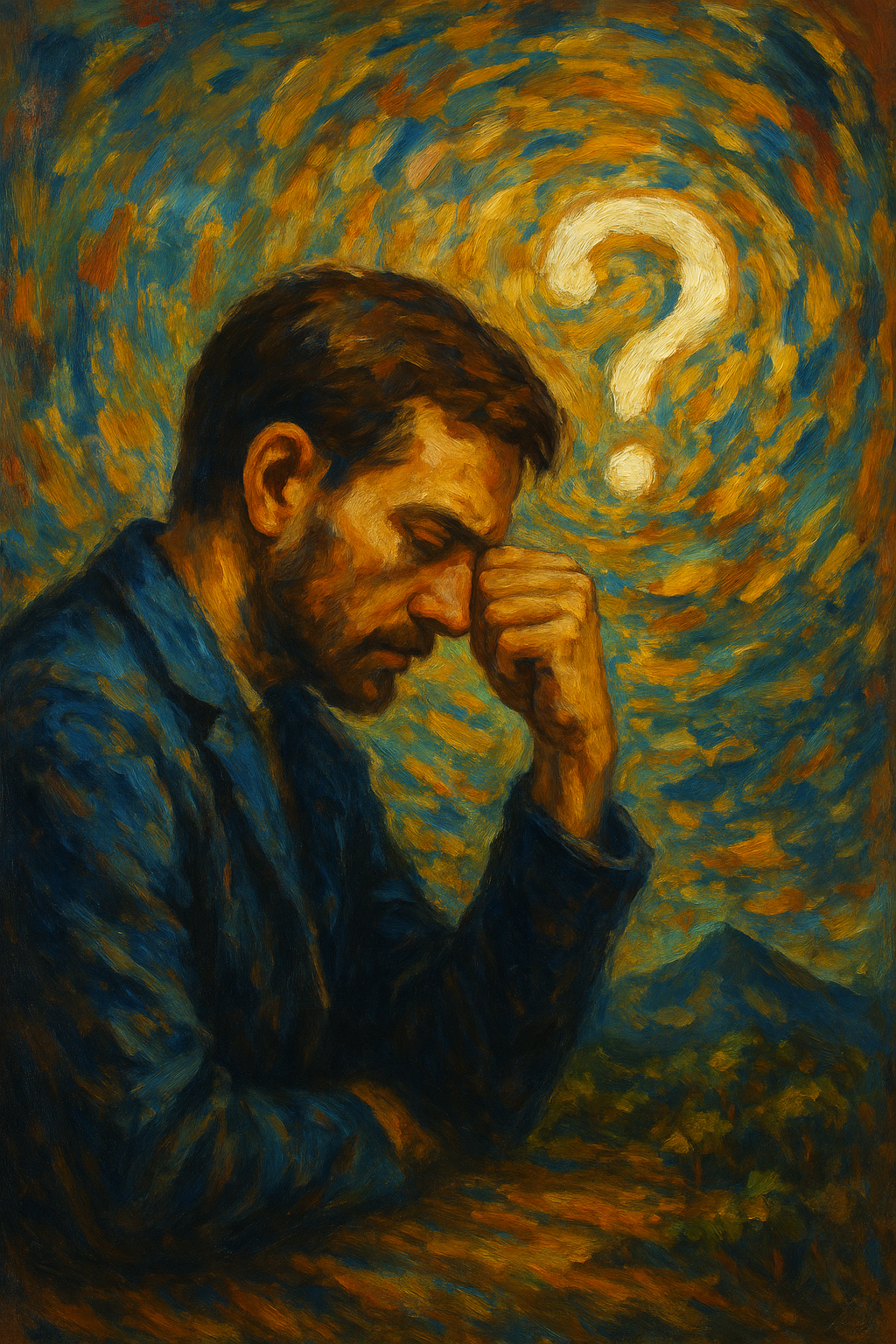In today’s uncertain world, existentialism provides profound insights into modern anxiety by questioning the essence of existence, purpose, and identity. This philosophy empowers individuals to confront these challenges directly, offering pathways to embrace life’s uncertainties and reduce anxiety through introspective exploration and meaningful action.
What is Existentialism and How Can it Help with Anxiety?
Existentialism is a philosophy that prioritizes individual freedom, choice, and the quest for life’s meaning. By confronting life’s absurdities and embracing the freedom of choice, existentialism empowers us to navigate modern anxiety. Understanding one’s existential crisis—a deep reflection on values and existence—helps manage anxiety’s complexities by fostering greater mental resilience and awareness.
How Existential Crises Contribute to Modern Anxiety
Existential crises manifest as anxiety-inducing dilemmas about identity, purpose, and reality. These crises are common among millennials as they face:
1. Identity Crisis: Confusion about self-identity in a world of constant societal change heightens anxiety.
2. Fear of Uncertainty: Anxieties about future decisions and the unpredictability of life often result in paralyzing fear.
3. Feelings of Isolation: Modern individualism can lead to loneliness, exacerbating mental health issues.
How to Use Existentialism to Manage Anxiety
Existentialism offers practical approaches to managing anxiety:
1. Embrace Freedom of Choice: Acknowledge your power to make choices, reducing feelings of helplessness.
2. Focus on Present Experiences: Foster mindfulness to cultivate awareness and mitigate anxiety.
3. Create Meaningful Connections: Engage in philosophical dialogue and community for mental support.
Philosophy and Mental Health: Bridging the Divide
Philosophy isn’t limited to academic study; it significantly impacts mental health by enhancing critical thinking and self-reflection. Existential thinkers like Jean-Paul Sartre advocate for personal responsibility, encouraging a sense of agency that fights helplessness, a common source of anxiety. Sartre’s philosophy reveals the importance of crafting a life deeply aligned with personal values and choices.
Effective Anxiety Treatments Rooted in Existential Insights
Exploring treatments grounded in existential thought offers substantial benefits:
* Cognitive Behavioral Therapy (CBT): Restructure anxious thoughts; align actions with personal beliefs.
* Mindfulness Meditation: Cultivate present-moment awareness paralleling existentialist emphasis on personal experience.
* Philosophical Counseling: Direct engagement with existential dilemmas provides clarity and resolution.
The Critical Role of Mental Health Awareness in Facing Existential Anxiety
In addressing existential anxiety, mental health awareness is crucial:
* Community Involvement: Support networks normalize existential discussions, offering relief.
* Educational Initiatives: Resources on existential philosophy empower proactive mental health strategies.
* Personal Development Tools: Integrate philosophy into personal growth plans to enhance emotional intelligence and resilience.
Taking Action: Embracing an Uncertain Future
Existentialism encourages embracing life’s uncertainties, fostering personal growth and mental fortitude. Engaging with this philosophy can significantly aid in constructing a robust mental framework capable of challenging modern anxiety and existential dread effectively.
Reconnecting with Identity and Purpose
By delving into existential inquiries, individuals can reconcile anxiety by rediscovering purpose and self-identity. This journey not only diminishes anxiety but also fosters personal development and philosophical growth, offering enduring psychological benefits and resilience.
Conclusion: Turning Anxiety into Growth
The symbiotic relationship between existentialism and modern anxiety reveals critical insights: anxiety is not merely a struggle but a catalyst for profound personal growth. By embracing existential principles, one can glean valuable life insights, encourage meaningful connections, and prioritize mental health. In doing so, we take strides toward a deeper understanding of ourselves and the world around us.
Credible Sources and Expert Insights
1. Harvard University: “Understanding Existential Anxiety and Its Implications on Modern Mental Health.”
2. Stanford Encyclopedia of Philosophy: Comprehensive guide on existentialist philosophy.
3. Jean-Paul Sartre: “Being and Nothingness” discusses personal responsibility and freedom.
4. Simone de Beauvoir: Prominent existentialist advocating for self-determined living.
5. American Psychological Association (APA): Links between cognitive therapies and existential philosophy.
